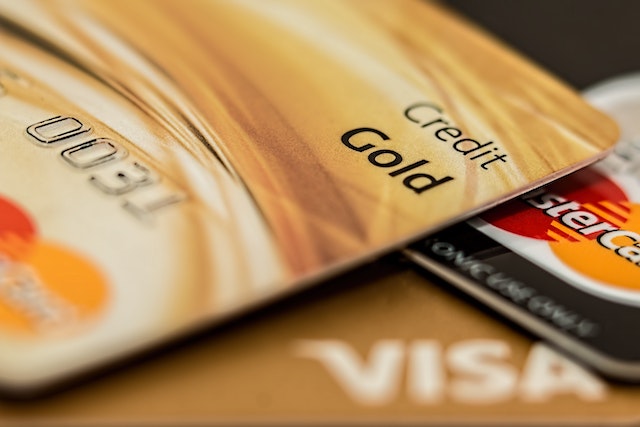
When you file for bankruptcy, you may be excited to start with a clean slate. However, it’s imperative to understand that there are certain debts that cannot be forgiven during this process. Though this can be a hindrance for some, knowing what your options are for dealing with this non-dischargeable debt is critical to making the bankruptcy process as effective as possible. The following blog explores what you should know about these matters and why you must obtain the legal services of a Memphis, TN consumer bankruptcy attorney to help you through this complex process.
What Is a Non-Dischargeable Debt?
In Tennesee, there are a number of debts that cannot be forgiven during the bankruptcy process. Regardless of whether you file Chapter 7 or Chapter 13, the following are considered non-dischargeable debts:
- Alimony
- Child support
- Income tax debts
- Student loans (in the majority of circumstances)
- Funds owed as part of a personal injury settlement caused by drunk driving
- Fines and fees for violating the law
As such, when you file for bankruptcy, your unsecured debts will be wiped. However, if you owe any of the aforementioned funds, you are still legally obligated to make these payments after your bankruptcy case has finished. These will not be forgiven.
You should know that even though you are still responsible for paying these debts after your bankruptcy case has closed, you will be granted an automatic stay for these debts. Essentially, when someone files for bankruptcy, all creditors must cease communication and collection efforts against them. Even though you will still be responsible for these funds, you will not have collection efforts taken against you during your bankruptcy case for these non-dischargeable debts.
What Options Do I Have During Memphis Bankruptcy?
When you file for bankruptcy and have non-dischargeable debts, you may wonder if filing is even worth it. It’s important to understand that this can still provide significant relief. Additionally, there are strategies to handle these debts.
It’s imperative to understand that many debts are deemed non-dischargeable because they are left off the petition. As such, ensuring you have legal representation to help you file can give you the best opportunity to have all eligible debts dismissed during this process.
Additionally, you may find that in some instances, creditors can object to the discharge of certain debts, deeming them non-dischargeable. This generally occurs in instances where you make large purchased right before filing for bankruptcy. This is a scheme often used to avoid paying for certain items. However, if you can prove you had every intention to repay the debt, the discharge may be granted.
Finally, working with an attorney can help you determine the best payment plan for non-dischargeable debts. When you cut down on the amount of payment you have to make to other creditors, it can make paying these debts much easier.
As you can see, this process can be incredibly complex and overwhelming if you’re unfamiliar with it. However, connecting with an experienced attorney from the Arnold Law Firm can provide you with the best chance at the most effective and efficient bankruptcy process. We know that debt can be overwhelming, which is why we will do everything in our power to help you feel relief. Connect with us today to learn how we can assist you.




